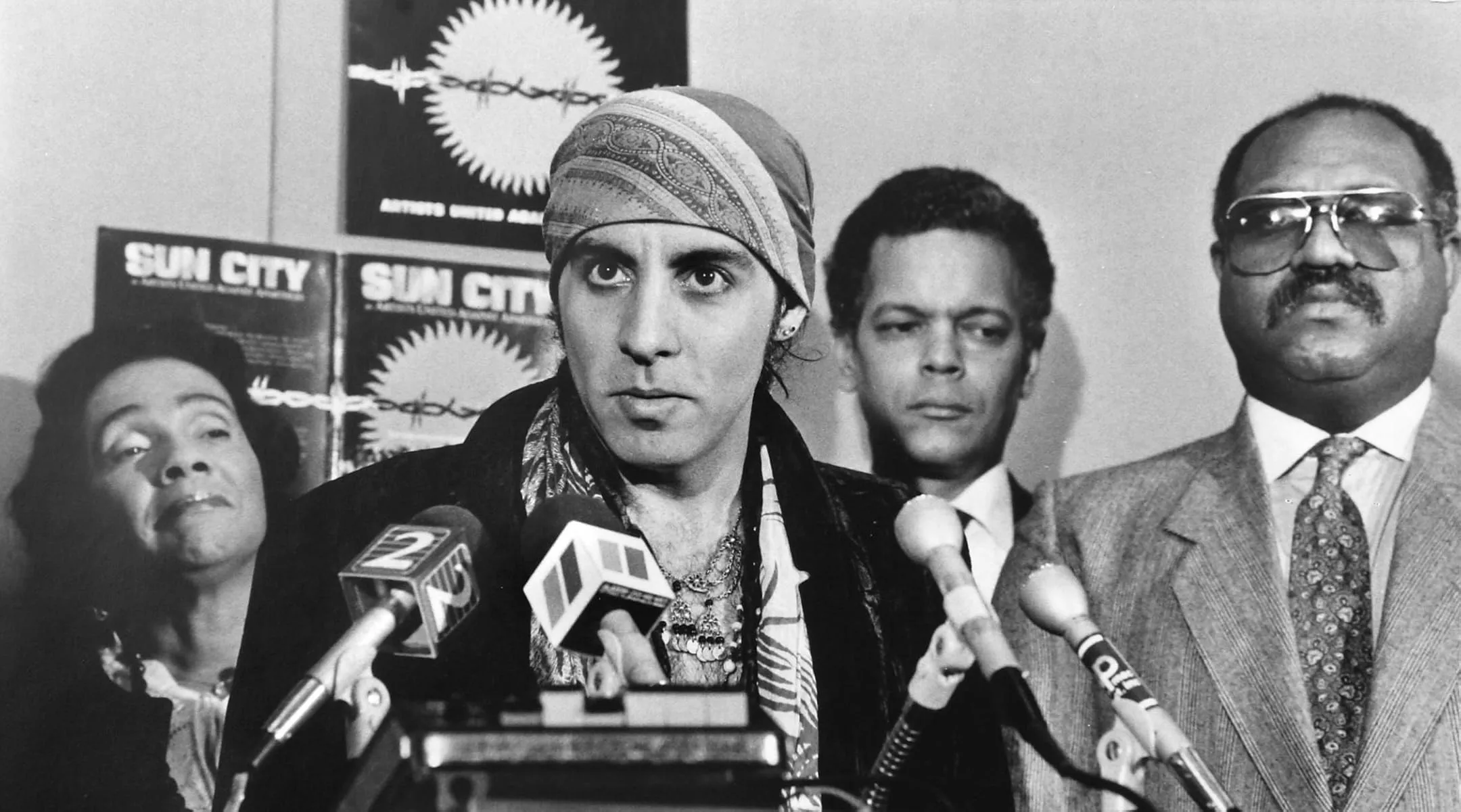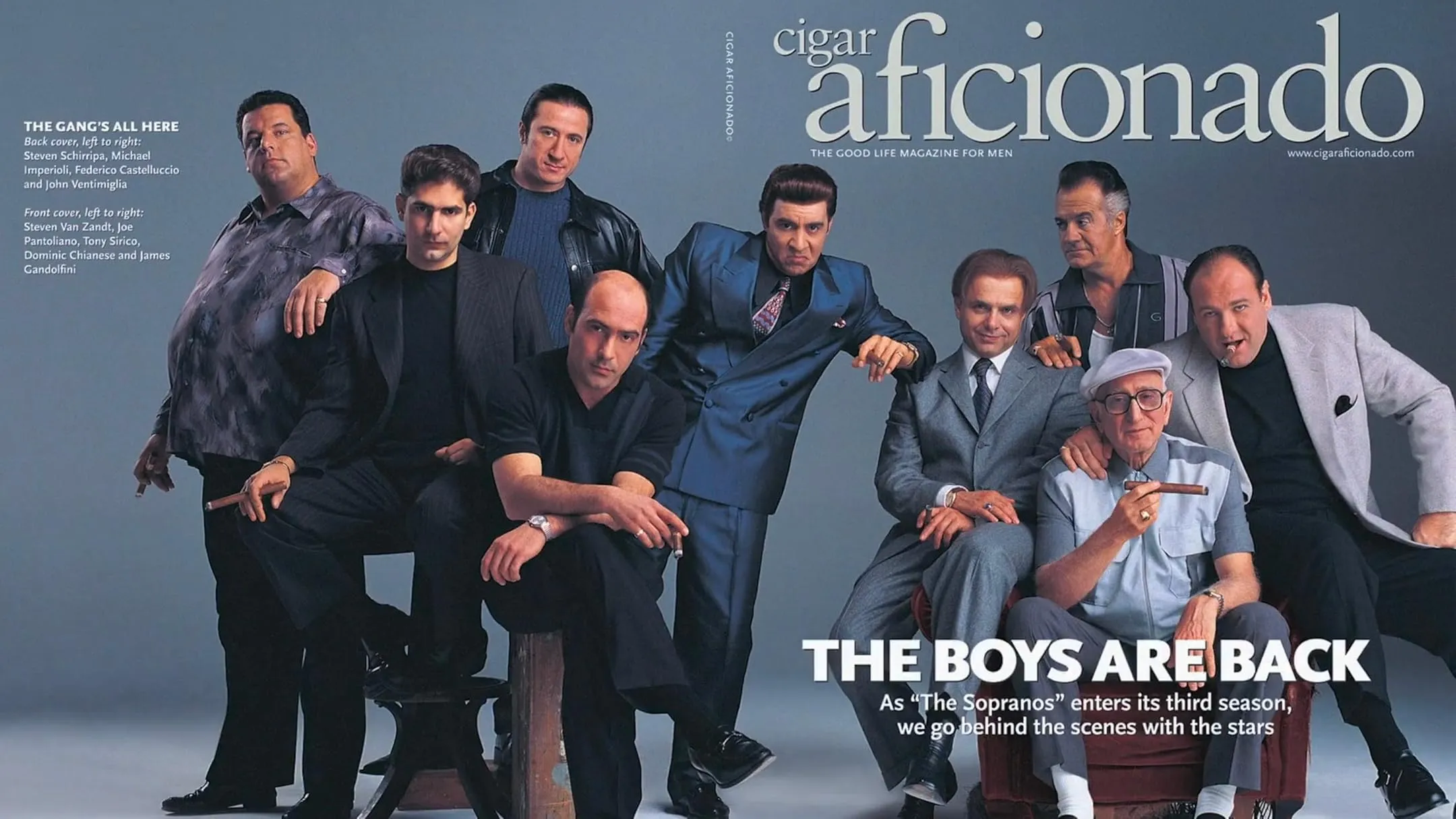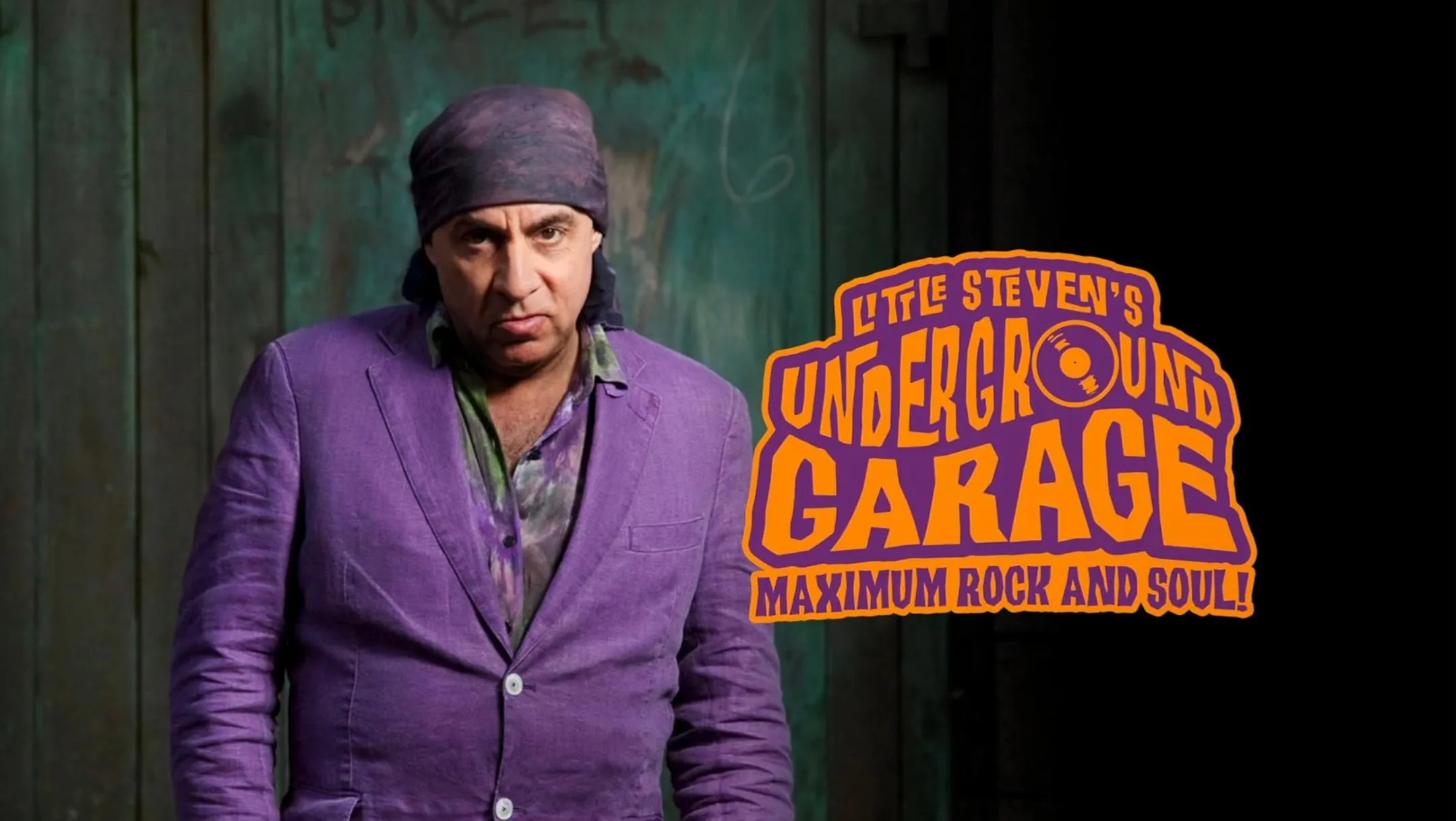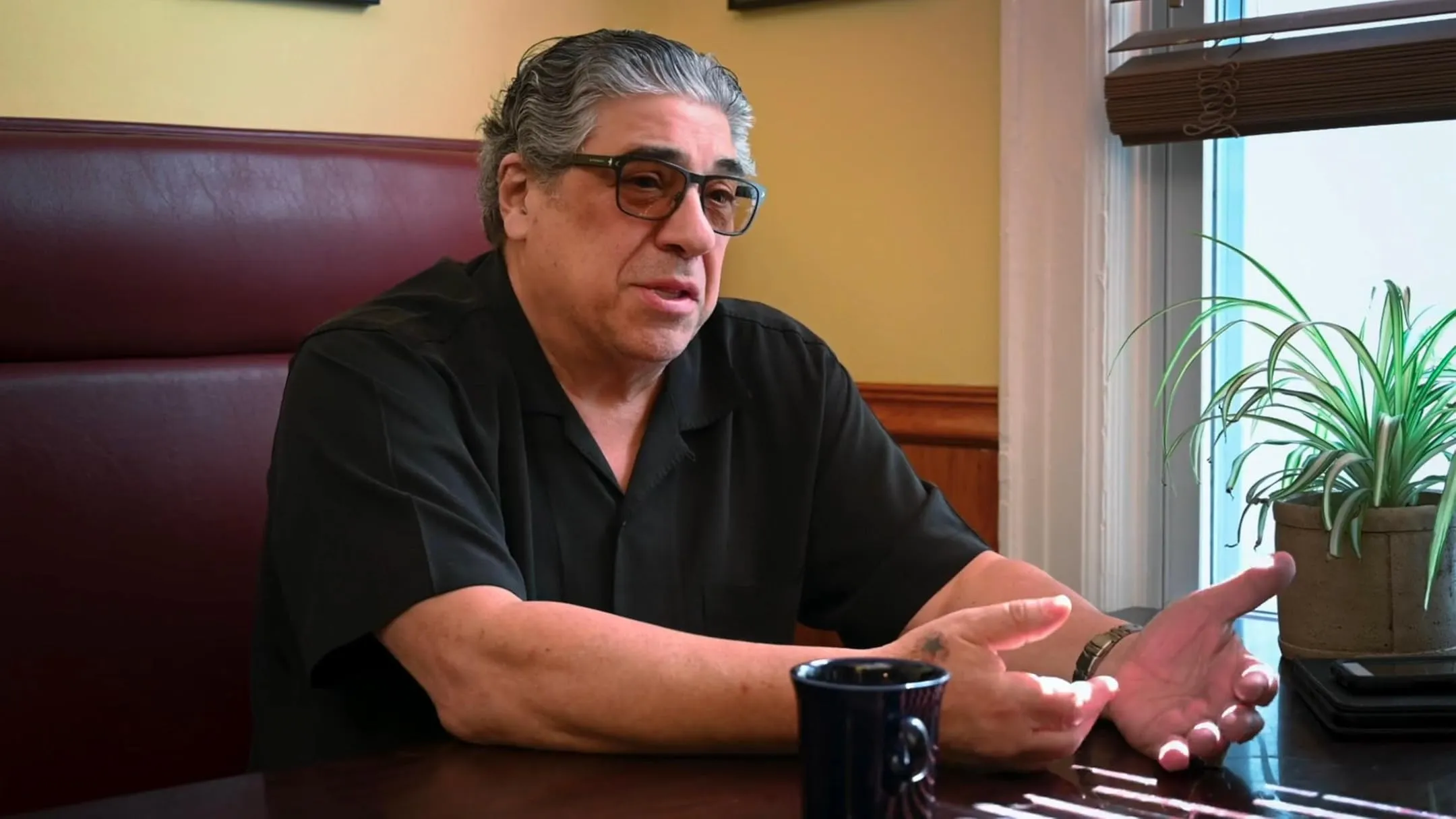For over fifty years now, Stevie Van Zandt has been a central figure in rock music and popular culture across multiple genres. Starting in the 1960s music scene of New Jersey, he rose to fame as a co-founder of Southside Johnny and the Asbury Jukes and as lead guitarist for Bruce Springsteen’s famous E Street Band. Ever the entrepreneur, Van Zandt also produced albums and wrote songs for other artists.
By the 1980s, his interests expanded into politics and activism. He vocally opposed apartheid in South Africa and organized the supergroup Artists United Against Apartheid. Their protest anthem, “Sun City,” united superstars like Bob Dylan and Miles Davis in creative defiance. Van Zandt’s solo career under the name Little Steven also addressed themes of justice and equality.
Despite this globetrotting musical career and outspoken political work, Stevie Van Zandt’s story had only just begun. In the 2000s, he took an unexpected career turn to acting. With no prior experience, Van Zandt landed the iconic role of Silvio Dante in the beloved gangster series The Sopranos. He went on to star in other shows like Lilyhammer, Netflix’s first original program.
All this and more is encompassed in the new comprehensive documentary Stevie Van Zandt: Disciple. Stretching over two and a half hours, it reflects the filmmakers’ ambition to capture Van Zandt’s entire life and multifaceted work across five decades. Directors Bill Teck conducts interviews not just with Bruce Springsteen but also Paul McCartney and more who have known Stevie through the years. The film promises an in-depth look at one rock legend’s remarkable lifelong creative journey.
Jersey Shore Rock Origins
Stevie Van Zandt was surrounded by music from a young age. Growing up in New Jersey in the 1950s and 60s, he heard the rock, soul, and R&B sounds reverberating off the shoreline. Forming his first band as a teenager, it wasn’t long before Stevie emerged as a leader on the local scene. He co-founded Southside Johnny and the Asbury Jukes, helping give the group its distinctive style.
It was at a show in the late 1960s that Stevie had a fateful meeting with another ambitious rocker, a young man named Bruce Springsteen. As Springsteen tells it, from that first encounter, he and Stevie instantly bonded. Soon they were collaborating musically, each spurring the other to greater creative heights. Stevie brought his skills as a guitarist and songwriter into Springsteen’s orbit. By the mid-70s, he had become an official member of the legendary E Street Band.
Stevie was instrumental in shaping some of the group’s most iconic work. On Born to Run, he helped arrange the classic “Tenth Avenue Freeze-Out,” bringing the funky horn section that electrified the song. His contributions continued on later albums like The River as both a band member and producer. Through it all, Van Zandt remained Bruce’s trusted right-hand man, someone he could count on for great music and friendship during the rise of the E Street Band. Together in Asbury Park and beyond, Stevie and Bruce defined the Jersey Shore rock sound that still reverberates today.
Rising as a Voice of Change
After a decade as Bruce Springsteen’s indispensable right-hand man, Stevie Van Zandt felt ready for a solo path in the 1980s. Adopting the stage name Little Steven, he released politically charged rock albums that put him in the forefront of activism.
Songs like “I Am a Patriot” and “Saint Patrick’s Battalion” dealt with important social issues. But music was now combined with activism as Little Steven organized Artists United Against Apartheid. In response to apartheid in South Africa, the supergroup included legends like Bob Dylan and George Clinton. Their anthem, “Sun City,” rejected cultural support for the racist regime.
The performance saw Stevie addressing crowds of thousands, a multicolored image of moral conviction. His work struck a nerve yet proved artistically polarizing. While effective at raising awareness, the bluntly strident music faced resistance.
Still, 1985’s “Sun City” project manifested real change, leveraging celebrity voices against a dangerous system. For Little Steven, this validated using art to affect politics. Over a half dozen albums expressed fierce support for progressive causes through spirited rock.
But Stevie’s eclectic sound and boldly confrontational tone made ongoing commercial success uncertain. Record labels preferred softer voices. While acclaimed by activists and peers, his career faced stalled momentum by the late ’80s.
Stevie Van Zandt had invigorated necessary debates. But taking his show on the road as Little Steven proved an unsustainable path alone.
Breaking Away from the Spotlight
Leaving the E Street Band as Little Steven heightened Stevie’s profile as a political artist. But bucking commercial pressure took its toll. Eclectic rock blended with blunt activism alienated some backers. While finding an audience for potent causes, it failed to sustain momentum alone.
Following a fiery Rome performance after the Tiananmen Square tragedy, Stevie abruptly altered course. Politics exhausted him after over a decade at the fore. Seeking respite in nature, he walked with his dog through remote areas for seven years. Away from recording deals and tour schedules, solitude offered repose.
This sabbatical proved creatively recharging after nonstop output. But it brought professional challenges too. Outside the touring circuit and absent a current record, Stevie risked fading from public view. Backing from labels diminished without recent hits.
Time away seemed a necessity though, restoring perspective after intense global crusading. Stevie’s reputation survived this retreat from music. Yet commercial viability became uncertain without a supporting structure. His return would depend on new creative alliances and chance opportunities. For now, rest is overdue.
Breaking into Acting on the Streets of Jersey
After time away, Stevie Van Zandt rejoined Bruce Springsteen and the E Street Band in 1999. The group found renewed vigor on tour, lifting bands and fans with beloved hits after years apart. It seemed their respective solo pursuits had only accentuated how vital they remained together.
Yet unexpectedly, Stevie’s next act took him in a new artistic direction. Television writer David Chase was seeking just the person to play Silvio Dante, faithful consigliere to Tony Soprano. Though Silvio marked Stevie’s acting debut, Chase recognized qualities that evoked Stevie’s real-life bond with Springsteen.
Landing the role, Van Zandt immersed himself to make Silvio an icon of mob lore. His natural charisma lit up scenes. Audiences loved the blend of menace and humor Stevie brought. His feel for the streets of Jersey, from rock clubs to Bada Bing!, breathed authenticity into Chase’s gritty drama.
The performance garnered Stevie critical acclaim, new respect as an actor, and dedicated Sopranos fans. Against all odds, the politically outspoken Jersey rocker proved a revelation onscreen. In Silvio, his underworld adviser skills found a fictional form. As with music and activism, Stevie lent The Sopranos color, character, and class with stealthy aplomb.
Rock Legend, Rediscovered
As the new century dawned, Stevie Van Zandt remained a chameleon creative. Branching yet again, he took the lead in Lilyhammer, Netflix’s groundbreaking first online serial. Stevie shone as a mobster seeking refuge in rural Norway. Showcasing his ever-evolving talents, it intrigued new audiences.
Always stimulated by music’s past, Stevie hosted Underground Garage, a radio program exploring rock’s lesser-known gems. Through insightful talk and deep cuts, it let hidden treasures surface. His memoir, Unrequited Infatuations, also offered fans deeper insight.
Ever restless, Stevie kept touring too. Hitting the road with Springsteen and the Disciples of Soul, he electrified crowds with five decades of hits. Whether behind the scenes or center-stage, Stevie remained Rock’s invaluable consigliere.
Retrospect has only deepened Stevie’s pride in a boundary-crossing career. Going where his spirit led, he embraced diverse roles through constant creativity and social conscience. Looking back, Stevie faces his legacy with modest warmth. “Just grateful people let me play music all these years,” he says. In a lifetime of reinventing himself, Stevie Van Zandt never stopped jamming on.
Lifetime on Stage: Stevie Van Zandt’s Odyssey
Over 50 years, Stevie Van Zandt has lived a remarkable lifespan within rock ‘n’ roll. From leading the Jersey Shore scene to global activist fame and acclaimed acting, his career chapters span genres. Whether backup guitarist or frontman, producer or radio host, Stevie brought his singular talents to every venture.
Disciple reflects this richness, profiling a creative polymath through decades of music, protest, comedy, and more. Springsteen, Paul McCartney, and other icons pay tribute as the film explores Stevie’s early songwriting, politically charged solo work, and recent Internet serials. Archival footage and vintage chops breathe life into key periods.
For fans of Van Zandt or any figures he impacted, this documentary delivers a fitting tribute. Disciple merits viewership to observe a lifelong performer’s constant evolution. From Asbury Park punk to Little Steven’s activism sound to Tony Soprano’s consigliere, Stevie Van Zandt epitomizes restless invention across pop culture’s landscape. This film lays bare an artist who never stopped exploring new horizons, on record or screens, wherever his lifelong musical odyssey led.
The Review
Stevie Van Zandt: Disciple
Stevie Van Zandt: Disciple presents a richly engaging portrait of one creative spirit's boundary-pushing creativity over decades on rock music's stage. While not breaking new ground stylistically, the film pays homage through meticulous attention to its subject's countless reinventions and the friends who admire his enduring contributions.
PROS
- Thoroughly chronicling Stevie's diverse career accomplishments over 50+ years.
- Insightful interviews that shed new light on his artistic process.
- Engaging archival footage that places key eras and performances in context.
- Celebrates Van Zandt's musical talents while also acknowledging challenges.
CONS
- Does not substantially break new narrative or analytical ground.
- Some sections could be tighter edited for challenging lengths.
- Music and political eras are discussed only briefly for general viewers.






















































Discussion about this post